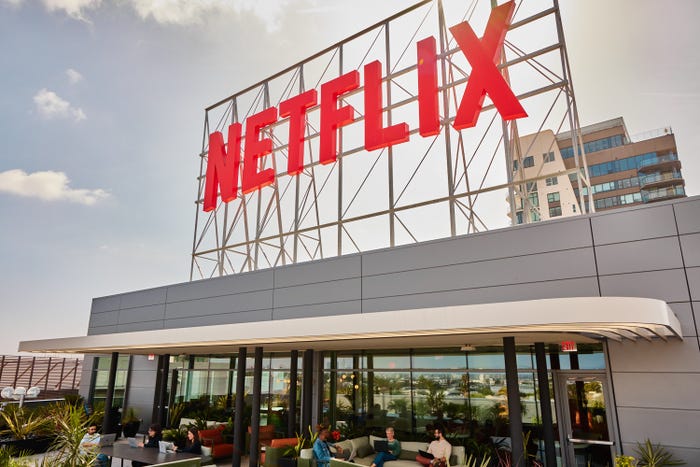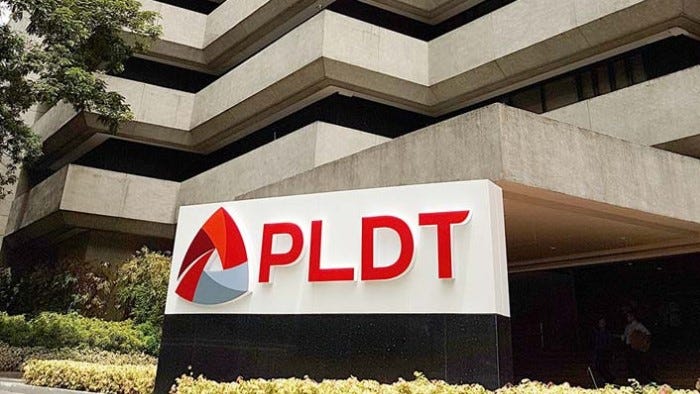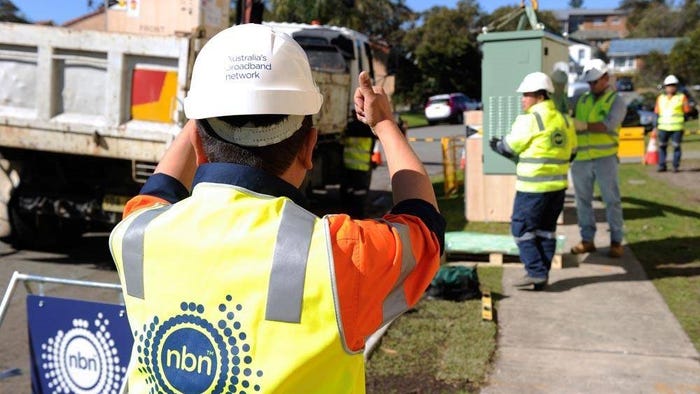thumbnail
Video Streaming
Can Netflix keep the good times rolling?Can Netflix keep the good times rolling?
Netflix subscriber growth blew out estimates again, as the streaming giant added 9.33 million subs in Q1 2024, ending the period with 269.60 million paid subs worldwide. But some analysts wonder if such growth is sustainable.
Subscribe and receive the latest news from the industry.
Join 62,000+ members. Yes it's completely free.













































